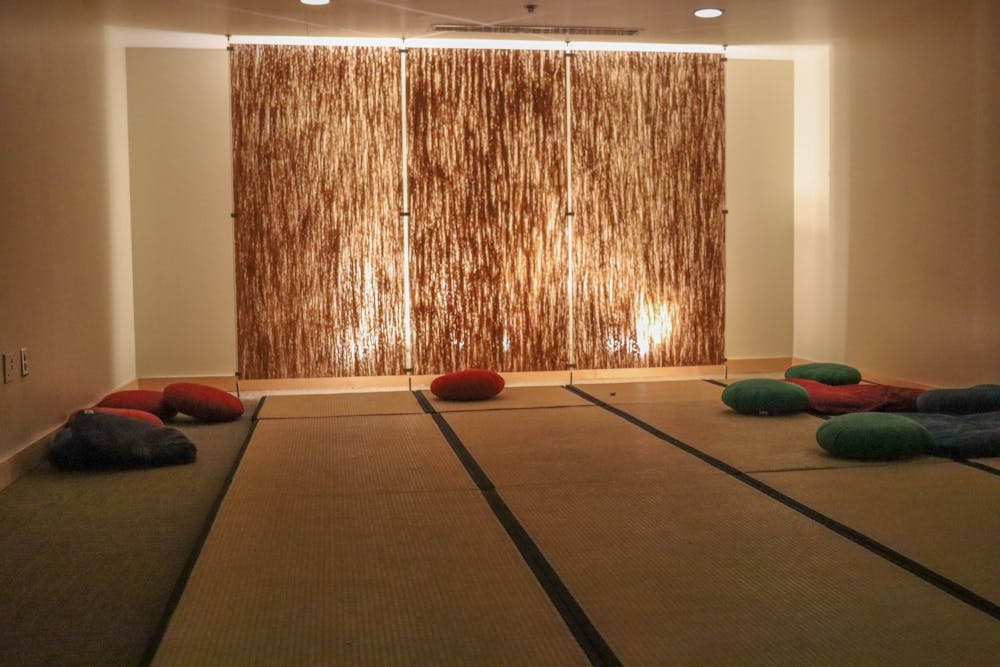For years, I never felt disciplined, organized, focused or calm. Instead, I was restless, irritable, reactive and impulsive. I felt the consequences of this early in college – a vicious cycle of chronic stress and anxiety which made me feel like I had no control over my life.
I craved balance, so I sought out every self-improvement technique I could find on the internet. Bullet journaling, self-help books, vision boards, relaxation apps – you name it, I've probably tried it.
With my well-being hanging by a thread, I was desperate for change. And yet, I could not stick to any single one of those strategies. Even therapist-administered exercises were not helping. I started to believe I was truly incapable of getting a grasp on my life.
Everything culminated in a pandemic-induced quarter-life crisis, leading me to one of the most challenging-yet-rewarding experiences of my life.
Enter Vipassana.
Vipassana, or “to see things as they really are” in Pāli, is an ancient form of meditation (re)discovered and taught by Gotama Buddha as a “universal remedy for universal ills.” Although rooted in Buddhism, it is a non-sectarian practice that can benefit individuals from all walks of life.
Unlike other types of meditation which rely on visualization, verbalization and other sensory aids, Vipassana focuses solely on the observation of physical sensations. By emphasizing the interconnectedness of the mind and body, I've found that it can be useful for young people.
Self-observation allows us to see that our bodily sensations are always changing, whether pleasant or painful, subtle or gross. The impermanent nature of these sensations trains us to remain equanimous, to not react blindly.
“Universal remedy of universal ills” may seem like a lofty objective for Vipassana, but the practice lends itself very well to the real world, where practitioners can apply these understandings to our daily lives.



